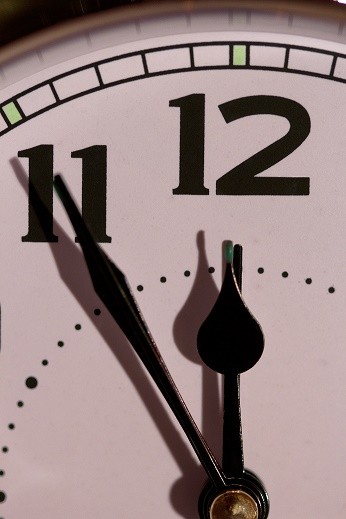Tonight, midnight will arrive a bit later for the first time in the span of three years where an extra second will be added to atomic clocks that will registered as official time of the world. This leap second is specifically the last minute of June 30 where it will contain 61 seconds.
In essence, leap seconds and more commonly known leap years are traditionally added in time systems in order to keep time in sync with the seasons of the planet.
However, this extra "leap second" can cause problems for other digital and computer systems since this second is required to be added manually. This additonal second will mean that the last minute of June will now have 61 seconds where 23:59:59 commonly turns into 00:00:00 which will now become 23:59:60.
According to Peter Whibberley from the UK's National Physical Laboratory, leap seconds apparently occur during irregular intervals since they rely on measurements from the Earth's rotation which tend to be in an unpredictable pattern.
Media and news all over the world have covered the potential issues and threats that this will cause to software especially in finance and trading including other business operations in the globe. Whibberley who is part of the time and frequency group at the NPL announced that companies need to plan this in advance.
He explains the process by stating that leap seconds are announced just six months in advance meaning computers and software usually do not possess leap seconds that are already in their program which should be inserted manually.
When leap seconds are applied the wrong way, this can cause synchronization loss among communication networks and even financial systems and other applications that rely heavily on precision timing.
Whibberley also explains that when a leap second occurs, there are computer systems that experience problems with glitches originating from the code that is written to handle leap seconds. This might seem trivial, but a second makes a huge difference especially in the Asia Pacific region where leap seconds usually occur during regular business hours.
This problem will be addressed by the International Telecommunications Union (ITU) during the World Radiocommunication Conference that is set in November this year. There will be a discussion about ending leap seconds once and for all or apply a technical solution in order to prevent system problems.



























